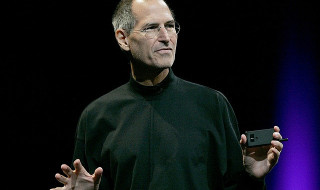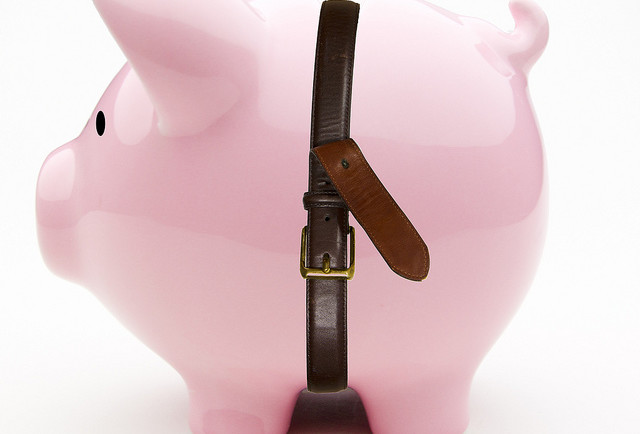If a financial expert is out of your reach, the next best thing is to read about their nuggets of wisdom.
1. GEORGE KINDER
George Kinder’s professional background is impressive. He is a financial author, a certified financial planner, and a founder of The Kinder Institute. He surely know what he is talking about when he said:
“It’s about the meaning, not the money. If my investing is not really deeply tied to what I think is most important in my life…the asset allocation, the estate plan, [and] the retirement plan might as well be thrown out [of] the window.”
Putting meaning to the currency motivates and directs you to your goals. If good health is vital to you then spending money on organic food is not a problem. And if family is your top priority, allocating assets to your children should be a part of your Last Will.
2. CULLEN ROCHE
Cullen Roche, the founder of Orcam Financial Group and Pragmatic Capitalism (website), shares that the primary way to financial success is more than just saving. It is by investing more…in YOU! Since your primary source of income is the person you see in the mirror, a good way to maximize your wealth is to make yourself valuable to other people or other companies.
To have an edge from the rest, you must never stop learning. Education that improves your skills so you can adapt to the ever-changing economy. I personally recommend you to start with free Internet education from YouTube’s Khan Academy, YaleCourses or Crash Course.
3. FRED SCHWED
A timeless advice resides in the classic book by Fred Schwed entitled Where Are the Customers’ Yachts?. As published in 1940, Schwed wrote:
“Like all of life’s rich emotional experiences, the full flavor of losing important money cannot be conveyed by literature. Art cannot convey to an inexperienced girl what it is truly like to be a wife and mother.”
Paradoxical as this may sound, the book expressed that life is more than just something you read from a piece of literature. Same goes for finance. You cannot simply learn and understand everything about money by merely reading two books written by experts. Instead, you must experience wins and failures firsthand. An investor can never detach himself from his portfolio gains or his portfolio losses.
4. MIRANDA MARQUIT
Miranda Marquit, the founder of Planting Money Seeds, highlights that by knowing that you have enough purchasing power may turn into comfortable spending without keeping the best options for your finances. Just because you can afford something, does not mean that you should buy it. Purchase within your means by balancing what you need and what you want.
5. WARREN BUFFETT
Warren Buffett needs no introductions. As he is extremely frugal, he shared this sentiment: “Price is what you pay; value is what you get.” Frugal people know how to distinguish between the price and the value in order to get the best deals and achieve long-term goals. For instance, a frugal person will use accumulated coupons and purchase items that are only on his or her shopping list. While a cheap person will highly decline to spend more than S$90 on a week’s groceries even though it is not sufficient for the whole family.
Be frugal and not cheap!






